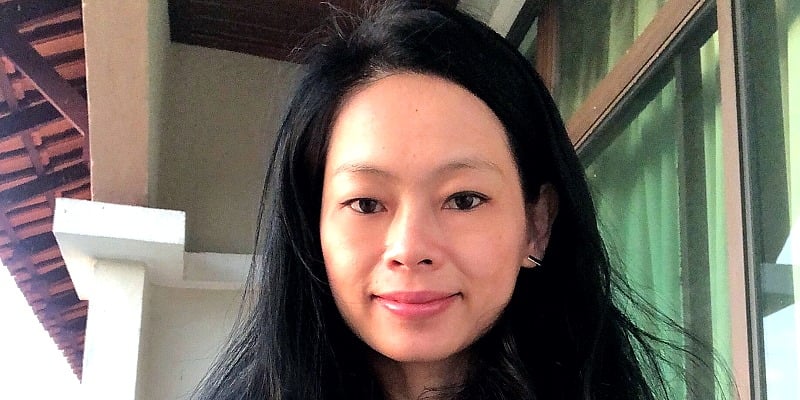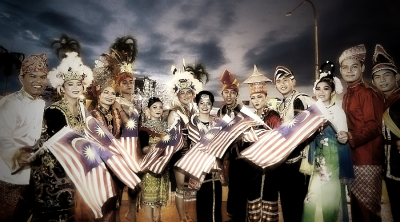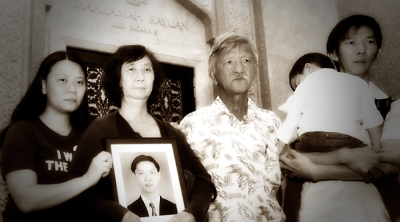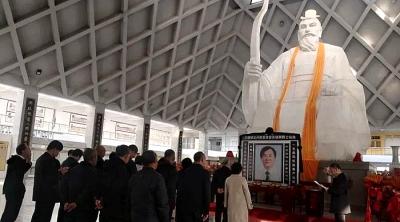
Last week, I had the opportunity to share my thoughts on race relation and human rights education in a talk that was organized by the Institute for Democracy and Economic Affairs (IDEAS).
In today’s column, I would like to share those points as highlighted.
In a multi-ethnic and multi-cultural society like Malaysia, we often talk about the connection between race and education; it is normally in the context such as – how can our educational syllabus include the component of racial unity, or how can we come up with more programs that will aim at fostering unity among our multi-racial population.
If you recalled in 2017, the Unity Management Division in a written reply to a Member of Parliament about whether we will be introducing any anti-racism or anti-discrimination act, the reply was the department has several measures to instill unity and the sense of Malaysian identity.
Under the measures outlined, Malaysians are encouraged to hold firm to the Federal Constitution and the five points of the Rukunegara, the Malaysian declaration of national ideology.
We are also encouraged to learn more about other races’ at their workplace, home, learning institutions and other places.
All these measures can also be found in the National Unity Action Plan (2021-2030) and there is nothing very new.
But what is missing or neglected is that we hardly make the relations between race relations and human rights education.
How far we have come on matters of race? Anything to do with race is a constant debate here in Malaysia. For instance, the issue of vernacular schools where some have attempted to called it as unconstitutional. But it would be more productive to focus on what can be the alternative approach for us to eliminate racial discrimination.
The argument against vernacular schools has been used as a weapon for political gain from time to time, as schools are often being used as a platform for politicians to suit their religious and racial agendas.
In Malaysia, several documents such as the Federal Constitution, Rukunegara and the National Philosophy of Education provide basic guiding principles for a faith-based values education. For instance, the first principle of Rukunegara, which is Belief in God emphasizes that God has created human beings of different races, different values and systems, but what’s important is they may know each other and live in harmony.
This first principle then highlights the need for the human beings to respect each other’s customs, values and belief systems.
Based on such background with different races, religions, values and systems, steps are taken by the government to foster the faith-based values and moral education at all levels of education.
If you recall during the administration of Pakatan Harapan (PH), civic education is re-introduced and being implemented in schools in an integrated manner encompassing both the literacy and practical aspects of the subject.
There are criticisms on its implementation due to several weaknesses such as the teaching methods and the insufficient knowledge of teachers on civic education.
In Malaysian education system, the terminology of human rights is not common. The term itself is not use in the Islamic Religious Knowledge or the Moral Education because the syllabus of these subjects are more inclined to highlight on values.
Moreover, the civic education does not systematically teach human rights concepts such as human dignity, right to life, civil and political rights nor directly teach the Universal Declaration of Human Rights (UDHR). Instead, it emphasizes on national unity, volunteerism and government’s structure, which have certain linkages to concepts of human rights but not entirely.
When we speak about human rights, the concept itself encompasses not only basic rights of the individual but also includes those rights which are necessary for the development of groups of individuals; known as community rights.
In a broader sense, the importance of learning human rights focuses on promoting a society where all human beings can be treated equally and most importantly, live together in dignity.
Thus, human rights education is crucial to be introduced and to make compulsory at all levels in the school system, as it is interlinked with increasing knowledge on our Federal Constitution and our society that is heterogeneous.
Education systems and educational institutions have an important role and responsibility in addressing racism through different ways. For instance, training and recruiting teachers that reflect the diversity of students can be implement.
Examining the curriculum on a more regular basis is also necessary to eliminate racist misrepresentation, and historical exclusions.
Moving forward, human rights education should not be treated as just a mere subject, but should also be incorporated into school life to practice non-discrimination and to promote justice.
The lack of knowledge of other ethnic groups is one key factor of racial conflict. Having said that, the appreciation of accepting differences is crucial.
In a country like Malaysia with heterogeneous society and with our Federal Constitution and Rukunegara for instance continue to be debated, it is crucial for us to understand the concept of human rights where it is about all human beings are born free and equal in dignity and rights, as stated clearly in the Article 1 of UDHR, where Malaysia subscribes to.
(Khoo Ying Hooi is Universiti Malaya Senior Lecturer.)
ADVERTISEMENT
ADVERTISEMENT








































